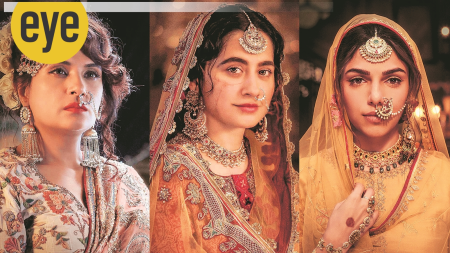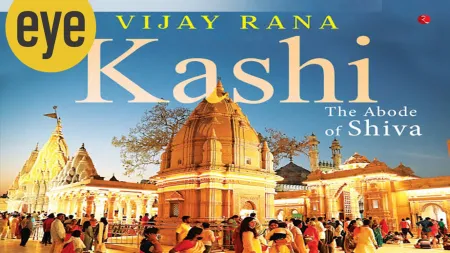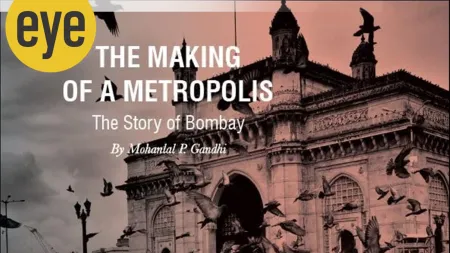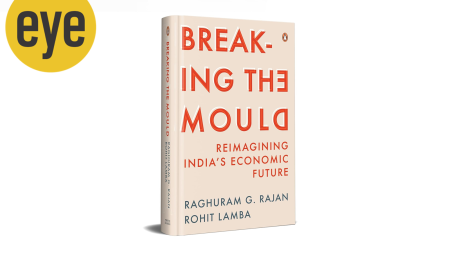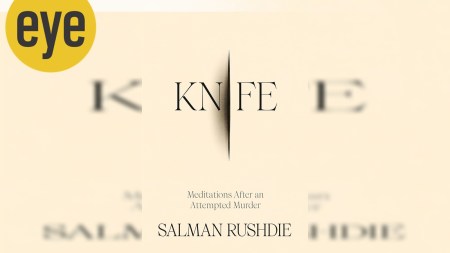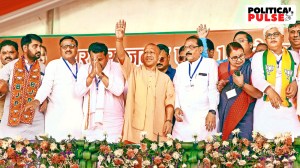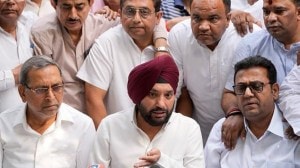- India
- International
The Rajini Show
He offers no alternative. Politics of patronage and populism looks set to continue
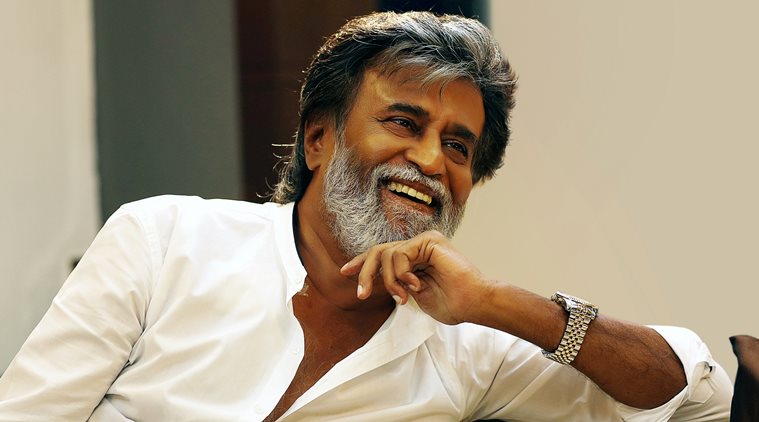 He will attempt to fuse the image of the heroic commoner Tamilian that has defined his reel image
He will attempt to fuse the image of the heroic commoner Tamilian that has defined his reel image
Rajinikanth’s decision to enter politics on December 31 has provided the perfect cliff-hanger ending to 2017, an year of marked political chaos and turmoil in Tamil Nadu. Much like a long-awaited blockbuster, his announcement has offered a trailer for a political entry in the 2021 state assembly elections, creating an explosion of hype and speculation as to the politics that will define the veteran actor and his party. The question is: Will Rajinikanth revolutionise Tamil Nadu politics and capture power in 2021?
The defining characteristic of Tamil Nadu politics since Independence is neither the enduring influence of Tamil cinema nor the Dravidian ideology that has dominated the political scene since 1967. Rather, it is the predominance of charismatic leaders, personality cults and the preponderance of populist, patronage politics. In this sense, the entry of Rajinikanth does not herald a revolution but only marks the latest evolution of Tamil Nadu’s brand of populist, patronage politics.
Much like the former chief minister Marudur Gopalan Ramachandran (MGR) and the less successful actor-turned politicians who have attempted to walk in his shoes, Rajinikanth will attempt to convert his fan-clubs (estimated at 50,000) into political party branches with committed cadres. The politics will be defined by populist rhetoric and promises, championing the common man, defending his interests from a predatory, pre-existing political elite, through the patronage politics of a heroic strong leader.
Rajinikanth is used to playing this role, indeed it has defined many of his films. In politics too, he will attempt to fuse the image of the heroic commoner Tamilian that has defined his reel image and the spirituality and altruism that has characterised his real life. It is a common misconception that there is no place for religion in Tamil Nadu politics due to the legacy of the atheistic Dravidian movement. In reality, the opposition to the saffron wave does not come from devotion towards the principles of secularism; it stems from a decided derision and suspicion towards national parties and the perceived threat of North Indian cultural hegemony, the true legacy of the Dravidian movement.
Tamil Nadu, like much of India, is a deeply religious state with a rich history of Hinduism. Rajinikanth’s ability to merge the image of the commoner Tamilian with spirituality may be the perfect means of introducing Hindu religiosity into the Tamil political mainstream.

It can thus be expected that Rajinikanth, whom Prime Minister Narendra Modi described as a “good friend”, will be seen as a natural ally of the BJP in fulfilling the latter’s long-held desire to become a significant political player in Tamil Nadu. While suggestions that Rajinikanth will be the BJP’s Trojan horse are best seen as hyperbole, the probability of mutual tacit support is not.
While Rajinikanth has successfully essayed the role of the commoner Tamilian, there remains the sticking point that he is not an ethnic Tamil. While MGR, despite being a Malayali, was able to cross that particular obstacle, Rajinikanth finds himself entering the political sphere where Tamil identity and nationalism has increasingly become a rallying point for politics. (The jallikattu and NEET protests in recent years are good examples of this).
Fringe political players, like the Naam Tamilar Katchi and their charismatic leader, Seeman, who enjoy great popularity online and with the youth in particular, will likely continue to target Rajinikanth as an outsider and a BJP Trojan horse. One can expect the mainstream Dravidian parties to follow suit if Rajini emerges as a real political threat.
Despite his wide fan following and the multitude of fan clubs, Rajinikanth will struggle to establish a grassroots political structure that can rival the Dravidian parties, which have ruled the state since 1967. Tamil Nadu politics, despite the veneer of Dravidian ideology has long succumbed to deeply casteist impulses at the grassroots. Small caste parties and associations play an important role in ensuring the hegemony of the Dravidian parties; Rajinikanth will struggle to establish similar connections or indeed defeat these networks in a state where votes are often cast for caste.
Finally, he retains a robust screen presence and plays characters far younger than himself, but the superstar will turn 68 in 2018 and 71 in 2021 when elections are due in the state. Having already suffered several high-profile health scares, there are genuine concerns that he will struggle with doing long political campaigns and lack the vigour to bring about actual change.
Today, in the political vacuum created by the death of Jayalalithaa and the withdrawal of DMK patriarch M. Karunanidhi from active politics, Rajinikanth does have a legitimate opportunity to wrest political power from the Dravidian parties. Both parties currently lack a strong, charismatic leader with the rhetorical sway that Tamil Nadu politics demand. Rajinikanth may offer an alternative leadership to Tamil Nadu, but the politics of populism and patronage look set to continue as usual.
EXPRESS OPINION
More Explained
Apr 28: Latest News
- 01
- 02
- 03
- 04
- 05




